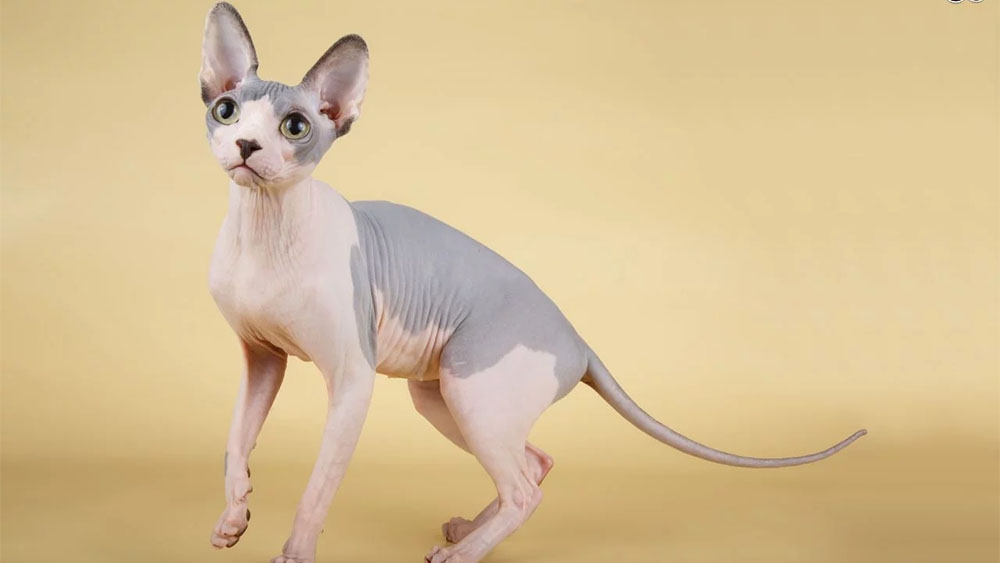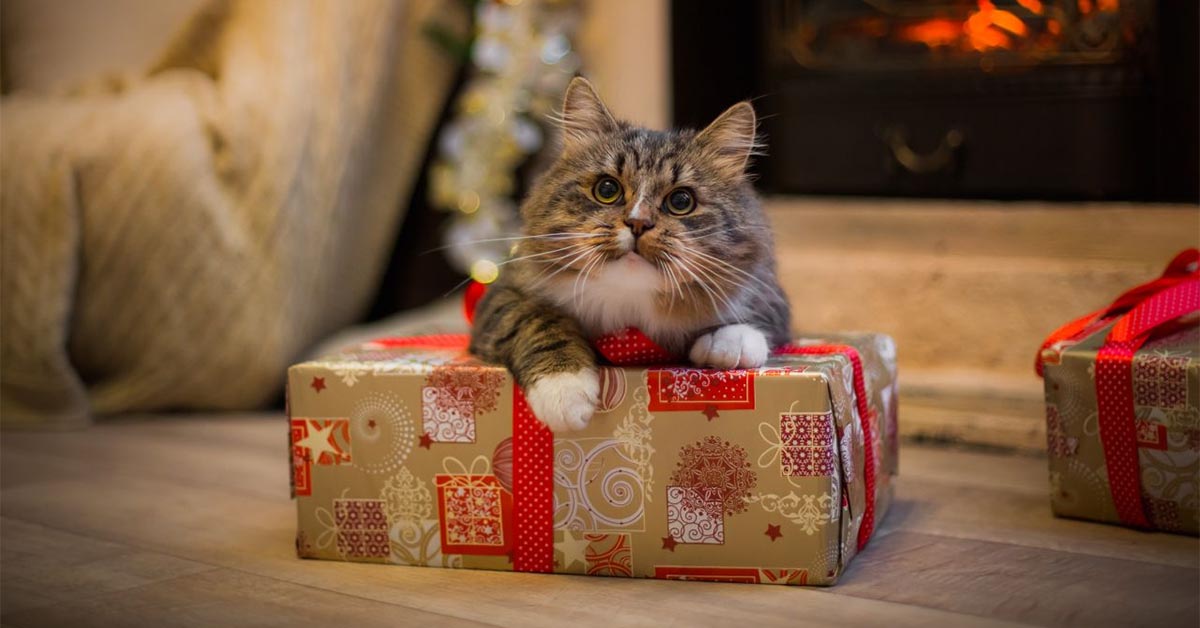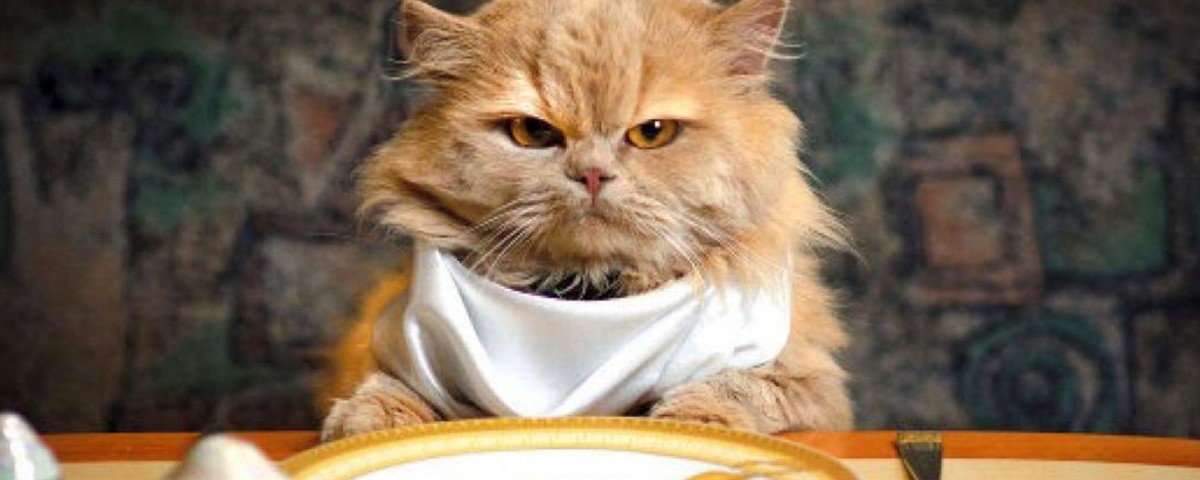
Top 10 Most Popular Domestic Cat Breeds
October 29, 2018
Top Gifts to Buy Your Cat this Xmas
December 20, 2018All kinds of pets have their days where they simply won’t eat. Cats, however, are a particularly worrisome animal. This is because in most cases a cat’s loss of appetite can be related to illness. If it’s not, then it will certainly lead to illness. Just as with many other animals, a cat’s body turns to its fat stores for energy when it doesn’t intake enough food. This eventually leads to kidney failure, as the cat’s liver can’t keep up with burning all the fat. It’s therefore important to determine why exactly your cat isn’t eating, so that you can get its appetite back ASAP. So, what are some reasons for why your cat won’t eat?
Illness:
There are a number of illnesses that may be responsible or your cat’s loss of appetite. It’s therefore important that you work with your vet to determine what the cause is. Some illnesses include cancer, kidney failure, intestinal problems and pancreatitis. Though, it’s not always serious. Perhaps the reason your cat won’t eat is due to something as simple as a toothache. So, when you notice it isn’t eating its food, go to your vet and determine if illness is the cause.
Vaccination:
Perhaps you have noticed that your cat won’t eat following a trip to the vet for some vaccinations. If this is the cause, then keep an eye on your cat, but don’t be too worried. Cats may have an adverse reaction to vaccines, which will usually have mild affects and won’t last too long.
Travel/unfamiliar surroundings:
New surroundings can cause cats to act cautiously. So, don’t be surprised to see your cat avoiding food until it gets used to its new area, particularly if you’re travelling. To them, this change in environment represents a change in routine, which due to the unfamiliarity can cause them to lose their appetite.
Psychological issues:
Anxiety and depression could be one of the final reasons for why your cat won’t eat. This will need to be determined by your vet. Small changes inside your household could be disturbing to your cat, as well as new people or changes in your routine. It could also be from a change in food. If you have recently changed your cat’s food then remember that it takes them a while to a adjust to a new diet.
What can you do?
Work with your vet:
This is the best route to follow. Your vet can guide you in the direction of a variety of different foods, varying in type and consistency. It’s important to remember, however, that you don’t want to starve your cat if it’s rejecting the vet’s diet. This could dire consequences. In some extreme cases, your vet may prescribe medicines to act as an appetite stimulant.
Explore what foods your cat will/won’t eat:
Try a variety of foods to your cat. If your cat predominantly eats human food, try steering away from this by gradually introducing more cat food. You may try canned cat food. Though, remember: cats take time to adjust. Also, provide your cats with fresh food and you can even warm up and mix cat food with food that people eat.
Rotate your cat’s diet:
Experts recommend that you change up your cat’s diet from time to time. Try different brand cat food between two and four times per year and remember to introduce new foods gradually. This can help you reduce pickiness and can also help minimise intestinal problems.

